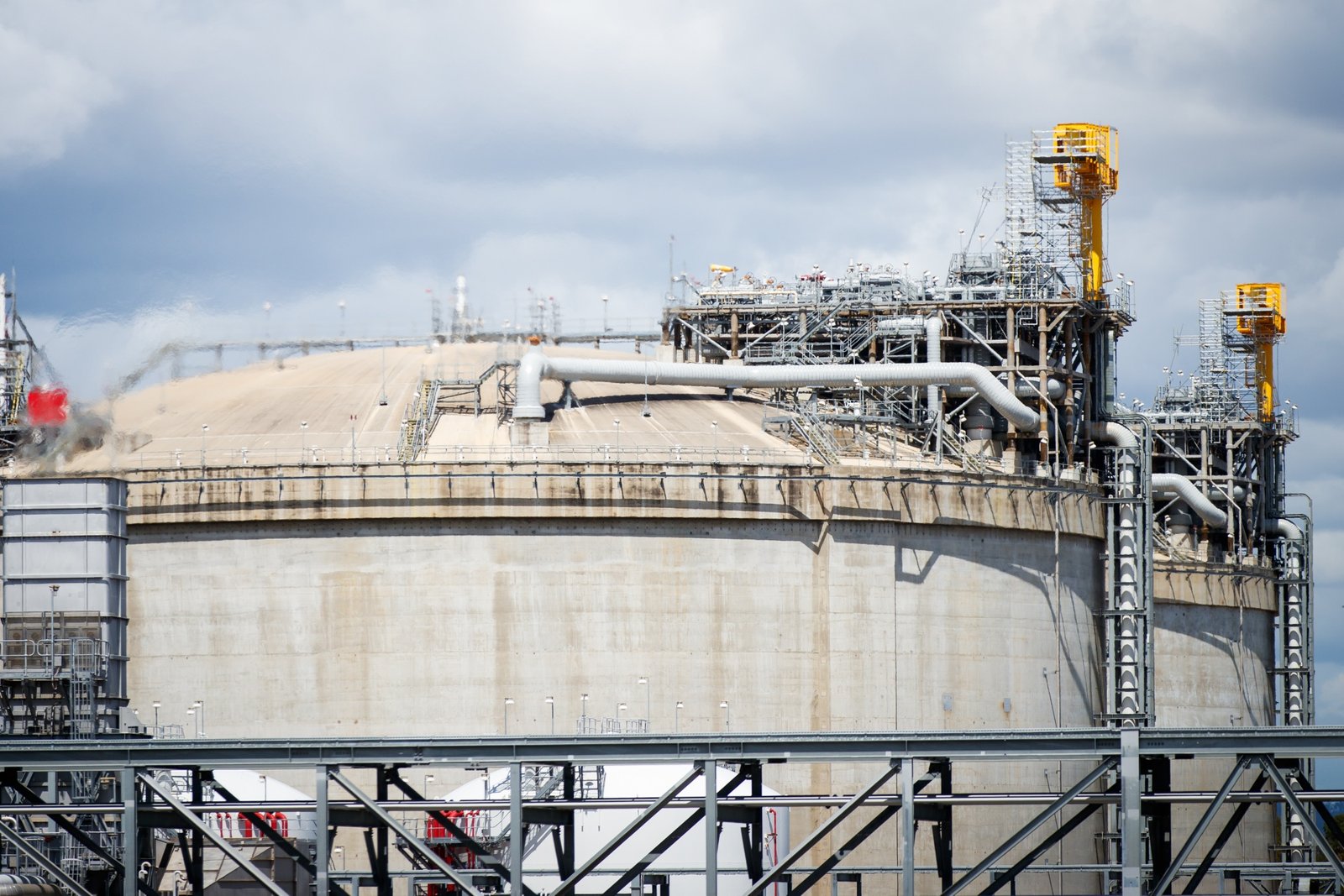President Joe Biden announced a temporary halt on approvals for pending and future applications to export liquefied natural gas (LNG) from new projects.
In a significant move applauded by climate activists but raising concerns in the industry, President Joe Biden announced a temporary halt on approvals for pending and future applications to export liquefied natural gas (LNG) from new projects.
The decision, effective immediately, aims to conduct a comprehensive review of the economic and environmental impacts of projects seeking approval to export LNG to Europe and Asia, where demand for the fuel is robust.
The Department of Energy (DOE) will lead the review, which is expected to take months and will later be open to public comment, according to Energy Secretary Jennifer Granholm. President Biden emphasized the need to scrutinize the impacts of LNG exports on energy costs, America’s energy security, and the environment during this period. The move aligns with the administration’s commitment to addressing the climate crisis as an existential threat.
Despite concerns from industry players and allies, the administration assures that the pause will not compromise national security, as there is an exemption for emergency situations requiring additional LNG.
European countries, in particular, heavily depend on steady supplies of LNG from the U.S. as part of efforts to reduce reliance on pipelined gas from Russia, especially after the 2022 invasion of Ukraine.
The European Commission acknowledged the exemption for national security emergencies, stating that the pause would not have any short- to medium-term impacts on the EU’s security of supply. However, critics, including former President Donald Trump’s campaign spokesperson, Karoline Leavitt, argue that the decision is a “disastrous self-inflicted wound” that will undermine America’s economic and national security.
The last comprehensive review of LNG export projects occurred in 2018 when export capacity stood at 4 billion cubic feet per day (bcfd). Since then, capacity has tripled, and projections suggest a further increase by 2030 with ongoing construction projects.
This growth has sparked protests from environmentalists and youth groups, who are part of President Biden’s support base. Activists argue that new LNG projects can lead to pollution, perpetuate global reliance on fossil fuels, and contribute to emissions from burning gas and methane leaks.
Environmentalists welcomed the decision, canceling a planned sit-in protest at the DOE headquarters. Roishetta Ozane, founder and director of The Vessel Project of Louisiana, described it as a “milestone” that could potentially lead to rejections and slow down the progress of LNG projects. Michelle Weindling, political director of the youth-based Sunrise Movement, sees the pause as a positive move to gain support from young voters in the upcoming elections.
The impact of the pause extends beyond environmental concerns, as various sectors of U.S. industry, including chemicals, steel, food, and agriculture, oppose unrestricted exports of U.S. gas. They argue that it raises risks for fuel prices and reliability, adding a layer of complexity to the ongoing debate.
Only four projects with export approvals pending at the DOE are affected by the pause, according to an administration official who did not name them. Potential candidates include projects by Sempra Infrastructure, Commonwealth LNG, and Energy Transfer, as indicated on the DOE’s website. Sempra is confident that its projects would displace more carbon-intensive fossil fuels, such as coal, and provide gas to allies.
One project that has been under the spotlight is Venture Global’s Calcasieu Pass 2 (CP2) LNG project in Louisiana. Climate activists, displeased with Biden’s approvals of oil and gas projects in Alaska last year, have been focused on halting CP2. The project, touted as the nation’s largest, awaits approval from the Federal Energy Regulatory Commission (FERC), with a potential decision in February. The DOE clarified that the pause applies to all current and future pending applications, which could include projects like CP2 if approved by FERC.
An administration official raised questions about projects like CP2, asking whether the nation is over-building in terms of LNG infrastructure. A spokesperson for Venture Global expressed concern, stating that a pause could send a “devastating signal to our allies that they can no longer rely on the United States.” Germany, accounting for nearly half of CP2’s contracted LNG capacity, adds a geopolitical dimension to the situation.
As the review unfolds, stakeholders, from environmentalists to industry leaders, will closely monitor developments and engage in the public comment period. The outcome of this pause could have far-reaching implications for the future of U.S. LNG exports, influencing energy policy, economic considerations, and climate priorities.
